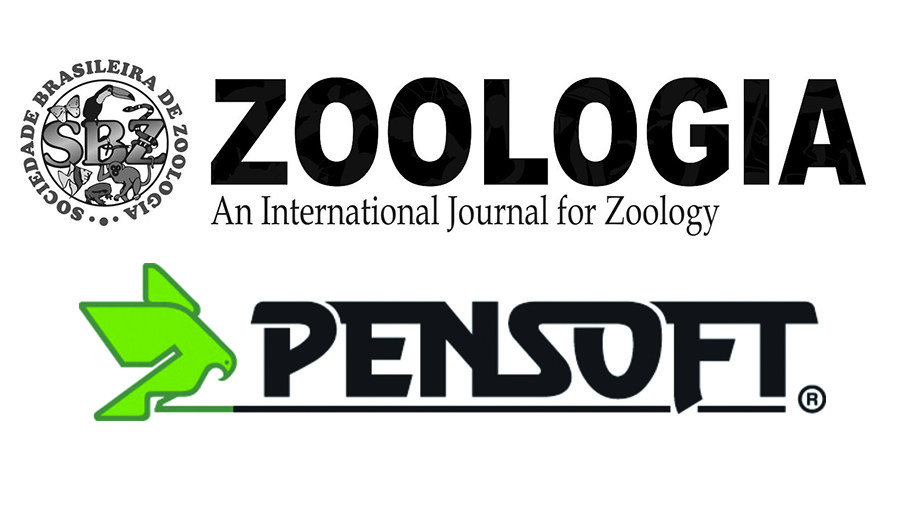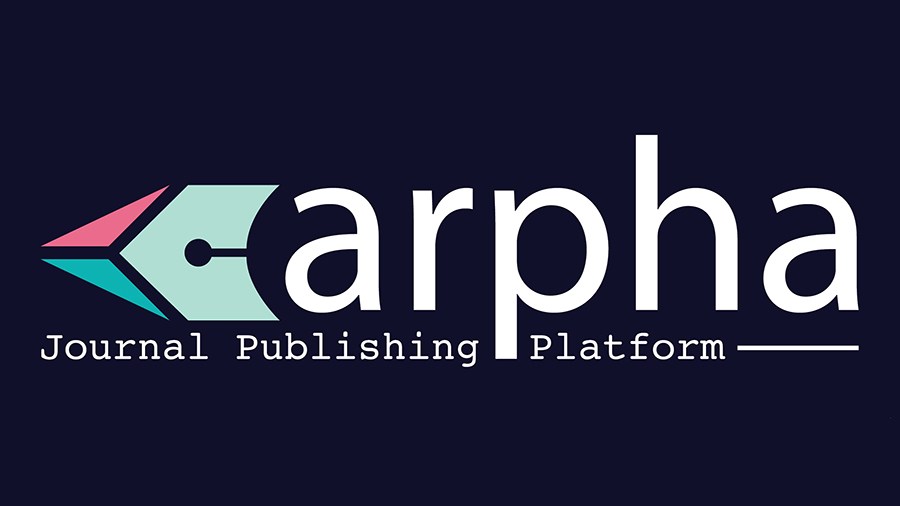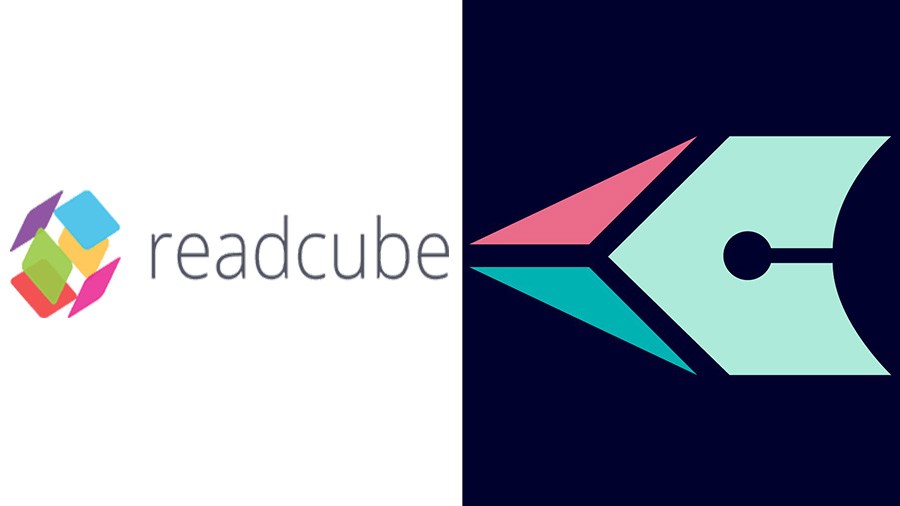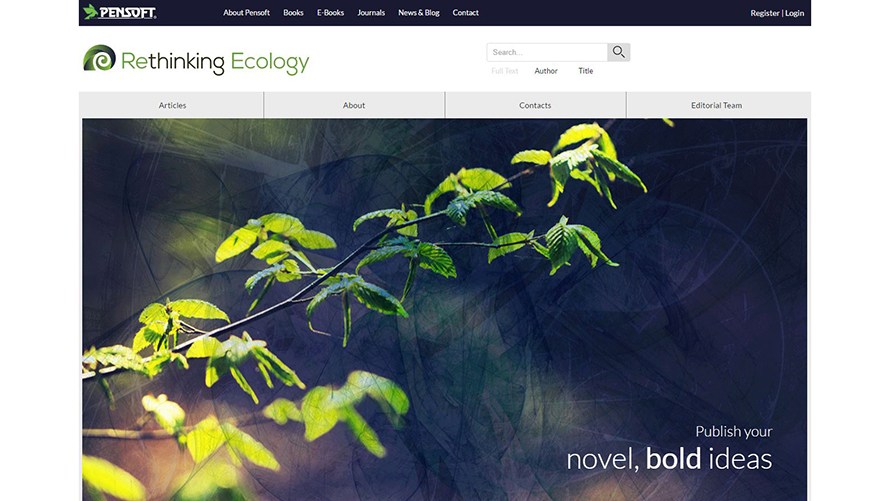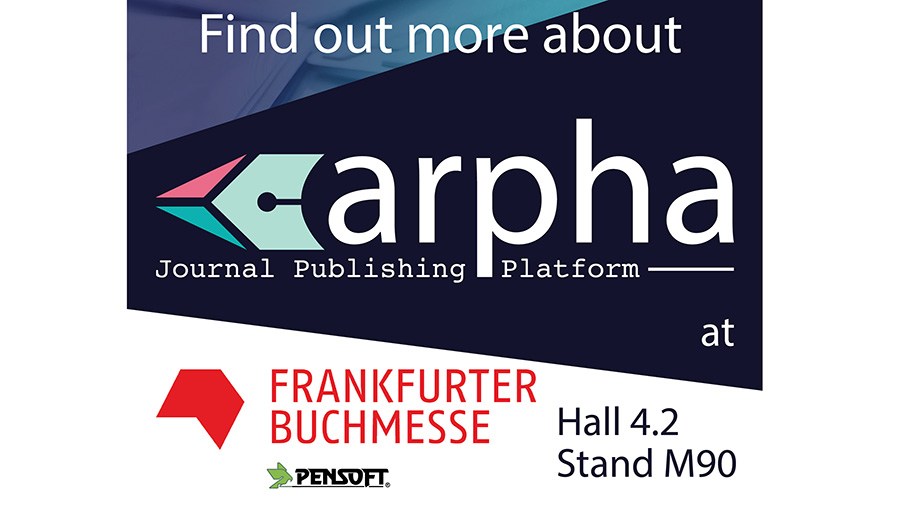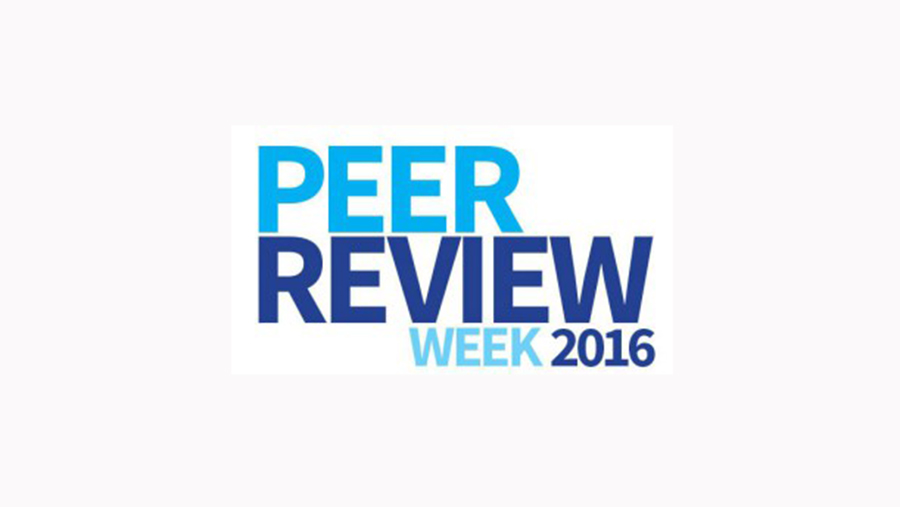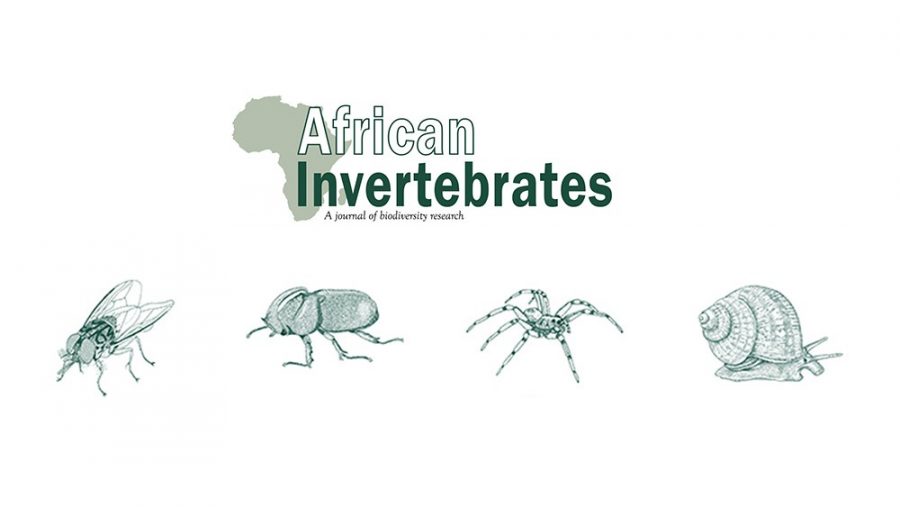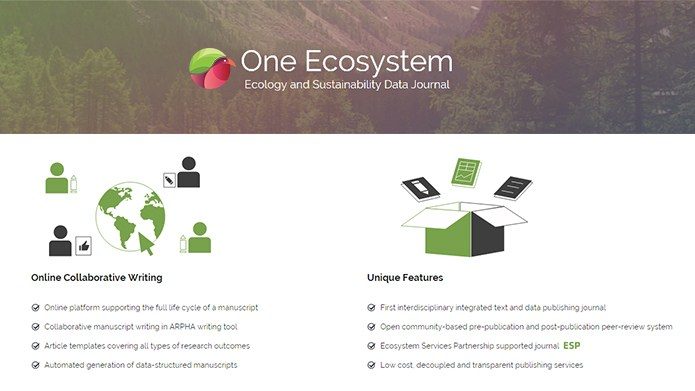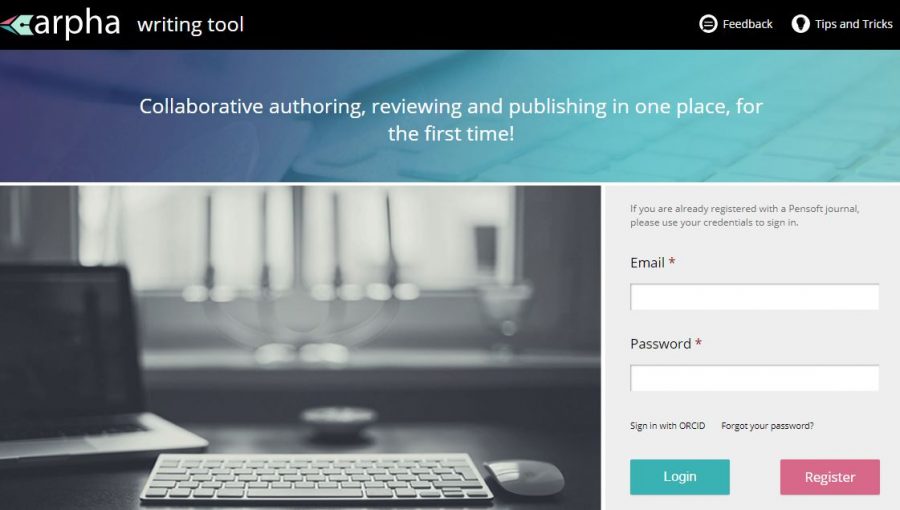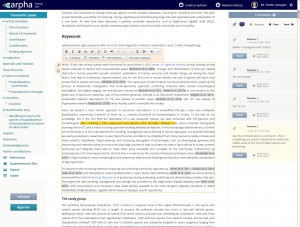In a new partnership between Sociedade Brasileira de Zoologia (Brazilian Society of Zoology) and the academic publisher Pensoft, one of the most prestigious scientific journals in South America, Zoologia joins Pensoft’s portfolio of open access peer-reviewed journals.
In 1982, Sociedade Brasileira de Zoologia‘s launched the Revista Brasileira de Zoologiajournal, which resulted in 25 volumes published bimonthly. Then, to broaden its visibility and step on the international stage, the journal broaden its scope to cover zoological research from outside the county, and changed its name to Zoologia in 2009 and completed 33 volumes this year.
The next step forward for Zoologia is the recently signed partnership with Pensoft, which makes it the first South American journal published by Pensoft – known for its innovations in scholarly publishing. The collaboration will provide a brand new, modern and technologically advanced look and feel for Zoologia, following the already successful format, provided by Pensoft’s publishing platform ARPHA (abbreviation standing for Authoring, Reviewing, Publishing, Hosting and Archiving).
 Zoologia will not only be smooth and nice to look at and navigate around, but will also provide high-tech perks, ensuring that the user experience for all authors, readers and editors remains as immaculate as possible at all times. Fast-track and convenient publishing is provided thanks to ARPHA, which takes care of a manuscript through all stages from authoring and reviewing to dissemination and archiving, as well as publications in three formats (PDF, XML, HTML) and full of semantic enhancements.
Zoologia will not only be smooth and nice to look at and navigate around, but will also provide high-tech perks, ensuring that the user experience for all authors, readers and editors remains as immaculate as possible at all times. Fast-track and convenient publishing is provided thanks to ARPHA, which takes care of a manuscript through all stages from authoring and reviewing to dissemination and archiving, as well as publications in three formats (PDF, XML, HTML) and full of semantic enhancements.
Having been completely revamped on the outside, Zoologia keeps its academic excellence and well-deserved reputation. The journal’s scientific scope covers various areas of original zoological research, including systematics, evolution, taxonomy, nomenclature, biogeography, biology, ecology, conservation, applied zoology, and others, published by both Brazilian and international authors. Extensive reviews or articles on current topics in zoology are published by invitation in the Invited Review section. Zoologia is to continue issuing at least six volumes a year on a bimonthly basis.
“I am truly delighted to welcome Zoologia to Pensoft’s family,” says Pensoft’s founder and CEO Prof. Lyubomir Penev. “With a strong background in zoological sciences, we have been looking forward to extending our outreach to South America, a well-known home to numerous biodiversity hotspots and excellent taxonomic traditions. It is a great success that this is now happening thanks to our partnership with no other but Zoologia.”
“This is an important step in the efforts to further professionalize and increase worldwide visibility of Zoologia that has been underway since 2008,” says Walter Boeger, the Editor-in-chief of the journal.
“Brazil is one of the hotspots in animal diversity in the world and the research in zoology is exceptional and of international excellence. The Sociedade Brasileira de Zoologia would like Zoologia to be the main gateway for these studies and other, of similar profile, performed with animals from all parts of the world,” proposes Luciane Marinoni, the president of SBZ. “We predict that this will happen in the near future following this important partnership.”
The first batch of research papers published in the revamped Zoologia are now available on the new website.
###

